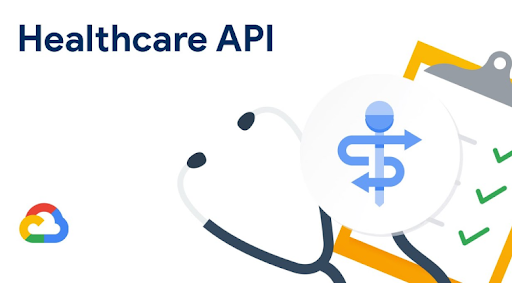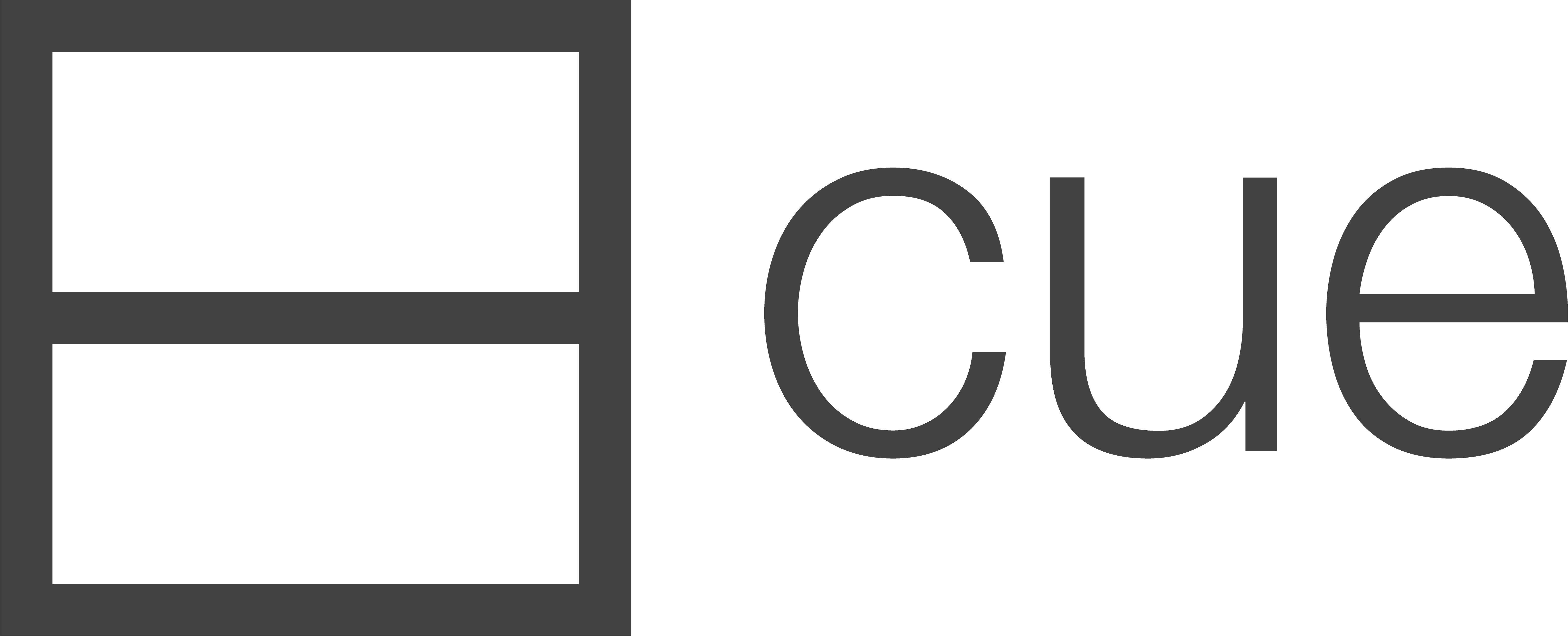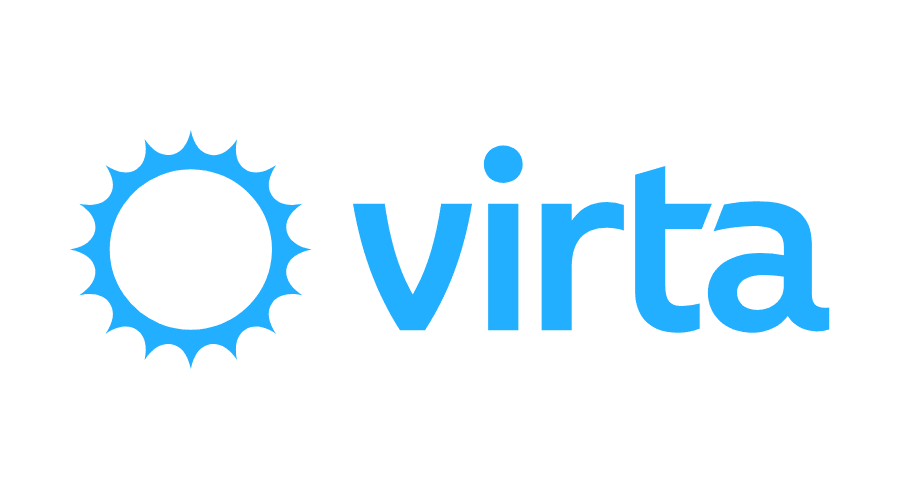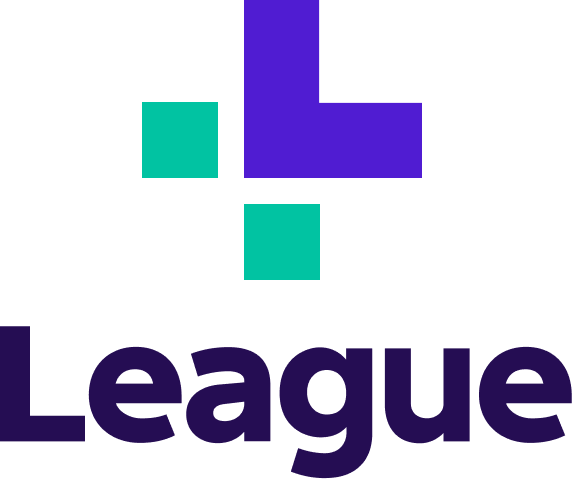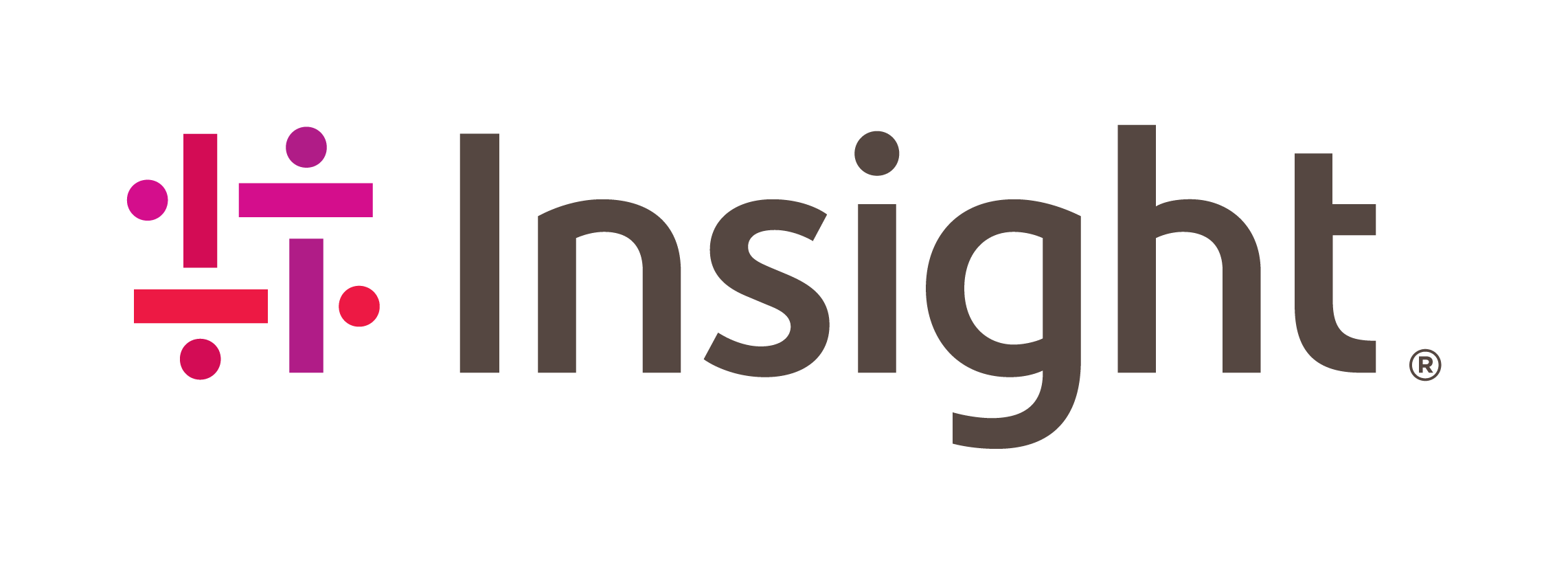Cloud Healthcare API
Unlock your healthcare data to power insights and AI
A secure, compliant, fully managed service for ingesting, transforming and storing healthcare data in FHIR, HL7v2, and DICOM formats, and unstructured text.
New customers get $300 in free credits to spend on Cloud Healthcare API.
View documentation for this product.
Features
Managed scalability
Cloud Healthcare API provides web-native, serverless scaling optimized by Google’s infrastructure. Simply activate the API and start sending requests—no initial capacity configuration required. Although some limits exist (such as Pub/Sub quotas), capacity can expand to match usage patterns.
Enhanced data liquidity
Cloud Healthcare API supports bulk import and export of FHIR data and DICOM data, accelerating time-to-delivery for solutions with dependencies on existing datasets, and providing a convenient API for moving data between projects.
Developer friendly
Cloud Healthcare API organizes your healthcare information into datasets with one or more modality-specific store per set. Each store exposes both a REST and RPC interface. You can use Identity and Access Management to set fine-grained access policies.
Services
| API | Description |
|---|---|
Create, retrieve, store, and search clinical data in the FHIR format | |
Ingest, create, store, and search streaming clinical data | |
Ingest, retrieve, and store medical imaging data | |
De-identify healthcare data to meet compliance requirements when sharing data for research and analytics |
De-identify healthcare data to meet compliance requirements when sharing data for research and analytics
How It Works
With support for healthcare data standards such as HL7® FHIR®, HL7® v2, and DICOM®, the Cloud Healthcare API provides a fully managed, highly scalable, enterprise-grade development environment for building clinical and analytics solutions securely on Google Cloud.
With support for healthcare data standards such as HL7® FHIR®, HL7® v2, and DICOM®, the Cloud Healthcare API provides a fully managed, highly scalable, enterprise-grade development environment for building clinical and analytics solutions securely on Google Cloud.
Common Uses
Store, manage, and query FHIR data
Import existing FHIR data into Cloud Healthcare API
Import existing FHIR data into Cloud Healthcare API
Build your primary and secondary clinical data repositories using any of the major versions of the FHIR standard (R4, STU3, and DSTU2). Leverage the Cloud Healthcare API for highly performant and scalable data storage, and access to your FHIR data via fully managed REST APIs.
Tutorials, quickstarts, & labs
Import existing FHIR data into Cloud Healthcare API
Import existing FHIR data into Cloud Healthcare API
Build your primary and secondary clinical data repositories using any of the major versions of the FHIR standard (R4, STU3, and DSTU2). Leverage the Cloud Healthcare API for highly performant and scalable data storage, and access to your FHIR data via fully managed REST APIs.
Store, manage, and view DICOM data
Ingest, retrieve, and store medical imaging data
Ingest, retrieve, and store medical imaging data
Integrate your existing imaging devices and PACS solutions with the Cloud Healthcare API’s open source DICOMweb endpoint or import your data directly into the Cloud Healthcare API from Cloud Storage.
Tutorials, quickstarts, & labs
Partners & integrations
Gain insights from unstructured text
Gemini for classification, entity extraction, and sentiment analysis
Gemini for classification, entity extraction, and sentiment analysis
Gain real-time analysis of insights stored in unstructured medical text.
Gemini allows you to distill machine-readable medical insights from medical documents, and fine-tune accordingly for optimal performance on specific knowledge extraction tasks.
Tutorials, quickstarts, & labs
Gemini for classification, entity extraction, and sentiment analysis
Gemini for classification, entity extraction, and sentiment analysis
Gain real-time analysis of insights stored in unstructured medical text.
Gemini allows you to distill machine-readable medical insights from medical documents, and fine-tune accordingly for optimal performance on specific knowledge extraction tasks.
Pricing
| How Cloud Healthcare API pricing works | Cloud Healthcare API pricing is based on region, services, and usage. Prices for US regions are shown below. | |
|---|---|---|
| Services and usage | Subscription type | Price (USD) |
Data storage | Structured storage Storage volume is based on bytes of data ingested plus indexing overhead (as measured by indexed bytes) and backup bytes. | Ranges from $0.19-$0.39 Per GB per month. The first GB is free. |
Blob storage Blob storage prices are based on the amount of non-structured or BLOB bytes that are ingested and stored. | Ranges from $0.003-$0.026 Per GB per month. The first GB is free. | |
Request volume | Standard requests Default for all requests. | Starting at $0.39 Per 100,000 requests per month. The first 25,000 requests are free. |
Complex requests Captures API requests that are computationally intense compared with standard requests. | Starting at $0.69 Per 100,000 requests per month. The first 25,000 requests are free. | |
Notification volume | Standard notifications Notifications are streaming events that originate from data stores and are sent to Google Cloud or external endpoints. | $0.29 Per 1 million notifications per month. The first 100,000 notifications (per 1 million) are free. |
ETL operations | Export batch | Ranges from $0.09-$0.19 Per GB per month. |
Export streaming | Ranges from $0.24-$0.34 Per GB per month. | |
De-identification operations | Inspection Occurs on free text or images to discover instances of sensitive data. | Ranges from $0.10-$0.30 Per giga unit (GU). The first GU is free. |
Transformation Encompasses redaction, replacement, hashing, or changes made to sensitive data as part of the de-identification process. | Ranges from $1-$3 Per GU. The first GU is free. | |
Processing Covers the base cost of the operation. The charges vary for structured storage and blob storage. | Ranges from $0.05-$0.60 Per GB. The first GB is free. | |
View full pricing details by region, services, and usage.
How Cloud Healthcare API pricing works
Cloud Healthcare API pricing is based on region, services, and usage. Prices for US regions are shown below.
Data storage
Structured storage
Storage volume is based on bytes of data ingested plus indexing overhead (as measured by indexed bytes) and backup bytes.
Ranges from
$0.19-$0.39
Per GB per month. The first GB is free.
Blob storage
Blob storage prices are based on the amount of non-structured or BLOB bytes that are ingested and stored.
Ranges from
$0.003-$0.026
Per GB per month. The first GB is free.
Request volume
Standard requests
Default for all requests.
Starting at
$0.39
Per 100,000 requests per month. The first 25,000 requests are free.
Complex requests
Captures API requests that are computationally intense compared with standard requests.
Starting at
$0.69
Per 100,000 requests per month. The first 25,000 requests are free.
Notification volume
Standard notifications
Notifications are streaming events that originate from data stores and are sent to Google Cloud or external endpoints.
$0.29
Per 1 million notifications per month. The first 100,000 notifications (per 1 million) are free.
ETL operations
Export batch
Ranges from
$0.09-$0.19
Per GB per month.
Export streaming
Ranges from
$0.24-$0.34
Per GB per month.
De-identification operations
Inspection
Occurs on free text or images to discover instances of sensitive data.
Ranges from
$0.10-$0.30
Per giga unit (GU). The first GU is free.
Transformation
Encompasses redaction, replacement, hashing, or changes made to sensitive data as part of the de-identification process.
Ranges from
$1-$3
Per GU. The first GU is free.
Processing
Covers the base cost of the operation. The charges vary for structured storage and blob storage.
Ranges from
$0.05-$0.60
Per GB. The first GB is free.
View full pricing details by region, services, and usage.
Business Case
Explore how healthcare and life sciences organizations are using Cloud Healthcare API
Featured customers

